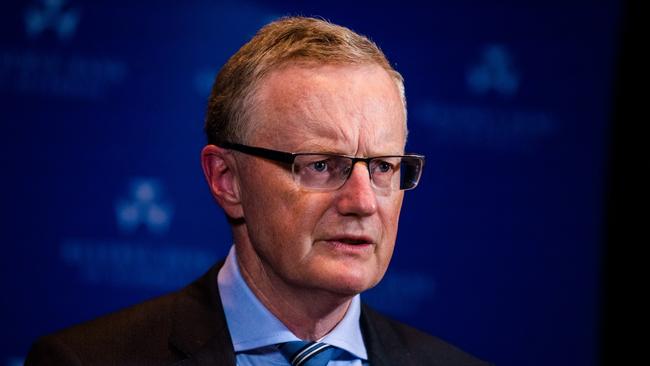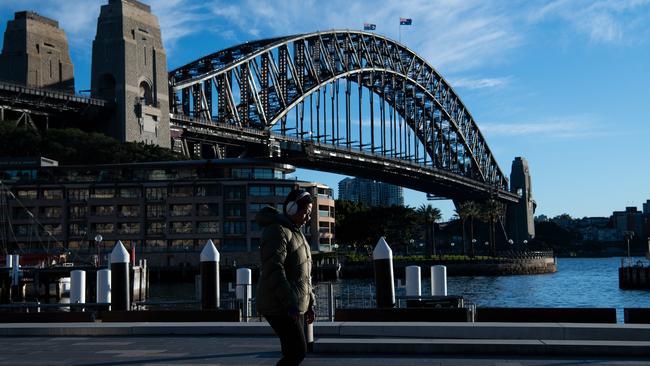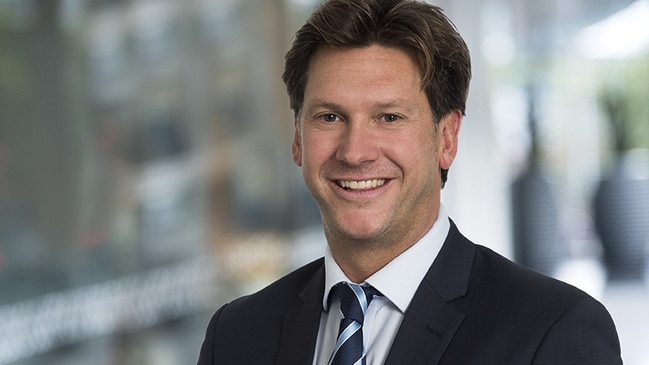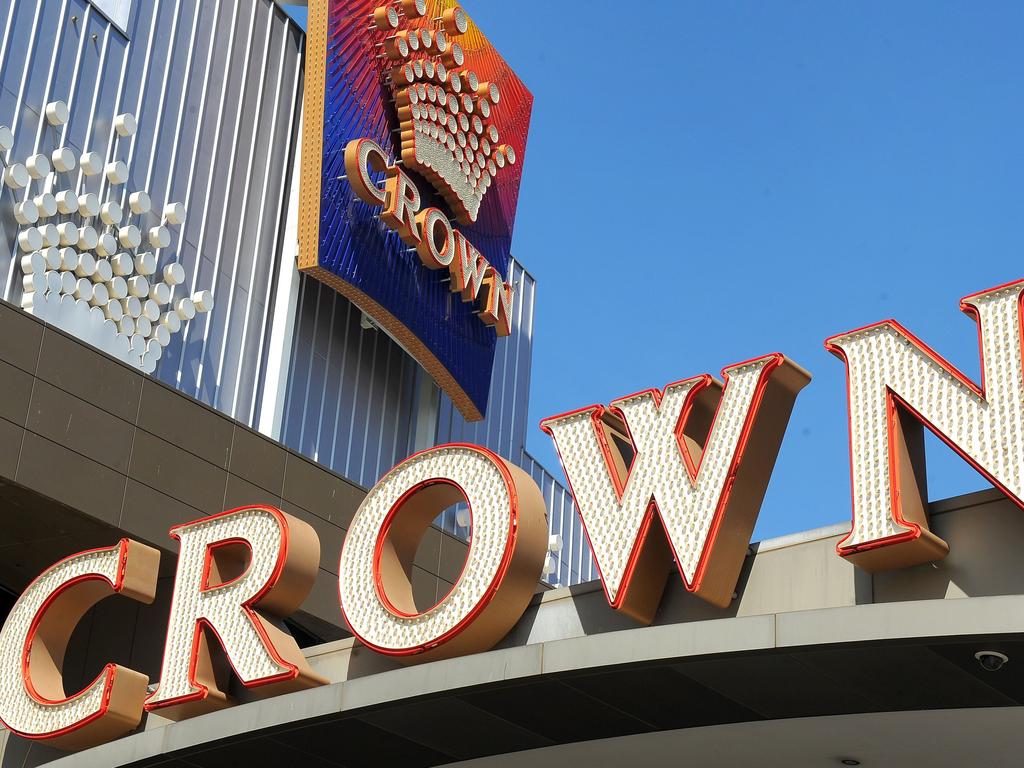RBA board minutes ‘acknowledged’ argument to not wind back QE
The Reserve Bank’s plan to take the first, tentative steps to unwind the extraordinary level of Covid-era monetary policy support looks further in doubt.

The Reserve Bank’s plan to scale back its quantitative easing program from early September looks further in doubt after minutes revealed board members “acknowledged that an argument could be made to retain the pace of bond purchases” even before the extension of Sydney’s lockdown and the new round of Victorian restrictions.
The RBA decided at its July 6 meeting that it would taper its $200bn QE program to $4bn a week from $5bn and move to a more “flexible” model that would be responsive to economic conditions.
Governor Philip Lowe has said the board would review the rate of purchases at its November meeting, and declared in a speech which followed the most recent meeting that “we are not locked into any particular path and bond purchases could be scaled up again if economic conditions warrant”.
The board’s decision to take its first tentative step to unwind the extraordinary level of monetary policy support introduced since the onset of the pandemic was made during the second week of the Sydney lockdown, before it was stretched to the end of July.

Victoria has since also announced statewide restrictions which are now projected to last until July 27. South Australian authorities on Tuesday morning announced the state would enter its own seven-day lockdown from that evening.
Even before the full scale of the outbreaks in NSW and Victoria had become clear, the minutes revealed that “members acknowledged that an argument could be made to retain the pace of bond purchases at $5bn per week, given that economic outcomes were still well short of the bank’s goals for inflation and employment”.
Those goals are now more distant, with Westpac economists on Tuesday the latest to predict the economy would contract in the September quarter, forecasting a 0.7 per cent drop in GDP.
But in early July, RBA board members remained upbeat, noting that the “economy was transitioning from recovery to expansion”, and that “the solid momentum in growth had continued into the early part of the June quarter”.
Board members conceded that “recent Covid-19 outbreaks in many parts of the country, and associated restrictions, were considered likely to weigh on household consumption through the middle of the year”.
“However, as observed following earlier lockdowns, spending was expected to rebound when containment measures were eased.”
On Tuesday there was further evidence of the effect of lockdowns on confidence and spending in the country’s most populous state.
ANZ’s consumer sentiment survey for the week to last Friday revealed the sharpest drop in household confidence since March 2020, although the gauge remains well above the levels reached during the early stages of the pandemic.
With shops in Sydney now largely closed, spending on ANZ cards in NSW slumped by 30 per cent over the most recent weekend versus levels recorded in late May, while spending in Victoria was 40 per cent lower.
ANZ senior economist Adelaide Timbrell said the tighter retail restrictions in Sydney starting Monday would drive spending even lower.
Ms Timbrell said she was “confident” that spending in Victoria would bounce back when restrictions were lifted, but that in Sydney the outlook was less clear.
“As the likelihood of another extension grows, the likelihood of economic scarring also grows,” she said.
Following the release of the minutes, CBA head of Australian economics Gareth Aird said he now expected the central bank “to reverse the decision to taper the bond buying program”, should either Greater Sydney or Victoria still be in lockdown at the time of the August 3 board meeting.

“The uncertainty around the duration of lockdowns also casts some doubt over our call for the RBA to begin normalising the cash rate from November 2022,” Mr Aird said.
The RBA at its last meeting held its cash rate target at 0.1 per cent, and the minutes gave no sign board members believed the reports of labour shortages would translate into meaningful pay growth in the medium term. A rate hike in 2024 remained the bank’s “central scenario”.
“The board remained committed to maintaining highly supportive monetary conditions for a return to full employment in Australia and inflation consistent with the 2 to 3 per cent target,” the minutes read.







To join the conversation, please log in. Don't have an account? Register
Join the conversation, you are commenting as Logout